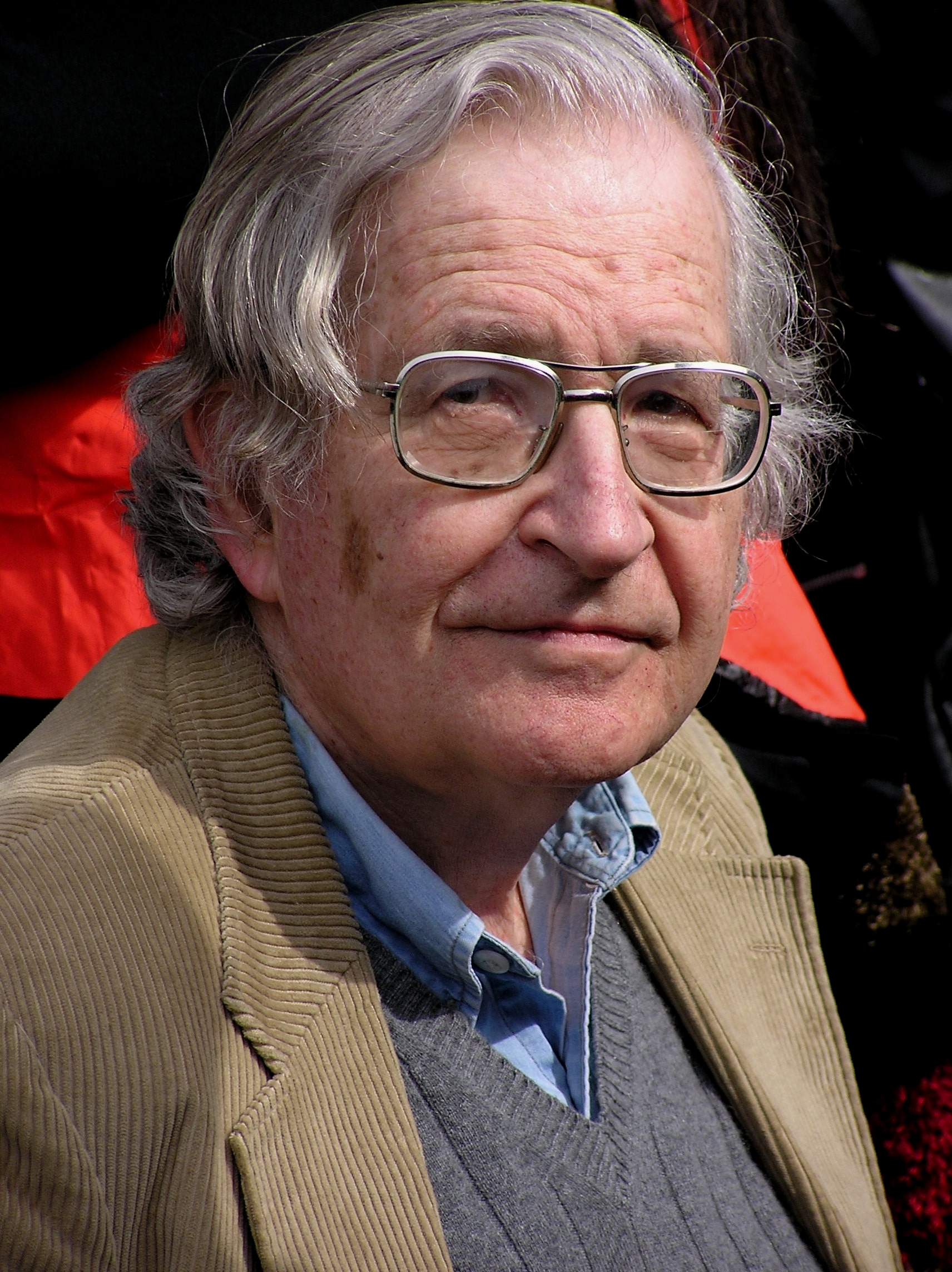Estate Planning: Important, Yet Ignored by Muslim Americans
By Adil Daudi
 Experts have estimated that approximately 70% of Americans live their every day life with no estate plan; and I am sure that number is higher amongst our own Muslim community. A topic that adheres to the protection and distributions of our wealth is a topic that has become commonly ignored. But why? As an Attorney practicing in this area, I have come to realize that for many, the reason for them to overlook this topic is because they don’t understand the concept of what it is and how it actually works. Why purchase a product when you don’t understand the essential benefits of it?
Experts have estimated that approximately 70% of Americans live their every day life with no estate plan; and I am sure that number is higher amongst our own Muslim community. A topic that adheres to the protection and distributions of our wealth is a topic that has become commonly ignored. But why? As an Attorney practicing in this area, I have come to realize that for many, the reason for them to overlook this topic is because they don’t understand the concept of what it is and how it actually works. Why purchase a product when you don’t understand the essential benefits of it?
So what is Estate Planning and why is it important for you to have one in place? First, I’ll begin by providing a definition of estate planning and then briefly discuss two components of an estate plan.
Simply put, estate planning is when you take measures to administrate your estate, i.e. making plans on how you want your assets distributed.
There are only two ways you can plan your estate: through the direction of a will or the use of a trust. The two, in Michigan, function completely different from one another. A will is defined as a legal document that directs the distribution of your property after your death. Whereas a trust, is defined as a legal document where you give control of your property to another (a Trustee) for the benefit of your beneficiaries. What’s the difference between two? Among other things, the primary difference is that under a trust you put yourself in a position to avoid any probate court involvement. Probate court is a legal proceeding where the judge overlooks your estate and ensures your assets are distributed according to your wishes. Because a trust transfers ownership of your assets into your trust’s name, leaving nothing under your individual name, there is no need for your assets to be probated. Only assets that are titled under your individual name go through probate.
A well drafted estate plan consists of more than just a legal document.
To ensure you have a comprehensive plan in place, be sure your attorney includes the following documents: durable power of attorney and medical power of attorney. These two documents are essential for the completion of any estate plan. A durable power of attorney is when you give another the right to control your finances and allow them to make all decisions pertaining to it as if you were making it yourself. A medical power of attorney, similar to durable, is when you give another the right to make all medical decisions for you when you are unable to make it yourself.
As staggering as the number is for people who have yet to establish an estate plan, this number is even higher amongst our own community. For whatever reason, Muslims living in the United States fail to put emphasis on an issue that has been mandated upon us. Narrated by Ibn Umar, prophet Muhammad (PBUH) once said: “It is not right for any Muslim person who has something to bequeath to stay for two nights without having his last will and testament written and kept ready with him.â€
So with the obligation requiring each and every Muslim to create an estate plan, it is surprising on the number of people who have yet to take the necessary steps to do so. If it’s because you are not familiar with the topic then acquiring knowledge is always encouraged prior to taking any action. But once you acquire that knowledge it is imperative for you to move forward and ensure you have a sound estate plan in place. Remember, without a plan you are allowing the government to dictate how your assets will be distributed. Not only will your assets be in their control, but the distributions will not be made pursuant to Islamic laws.
Adil Daudi is an Attorney at Joseph, Kroll & Yagalla, P.C., focusing primarily on Estate Planning, Shariah Estate Planning, Asset Protection, Business Litigation, Corporate Formations, Physician Contracts, and Family Law. He can be reached at adil@josephlaw.net or (517) 381-2663.
13-17












2011
819 views
views
0
comments